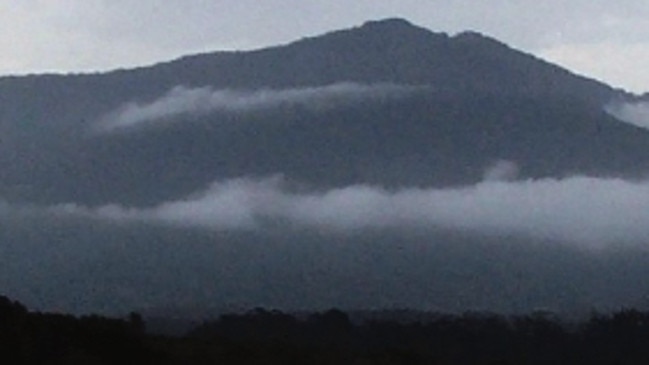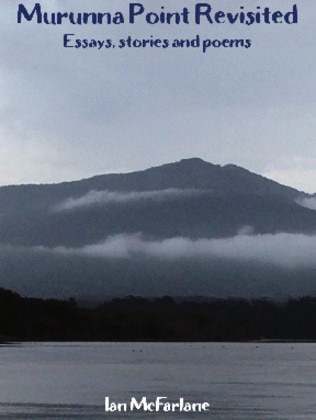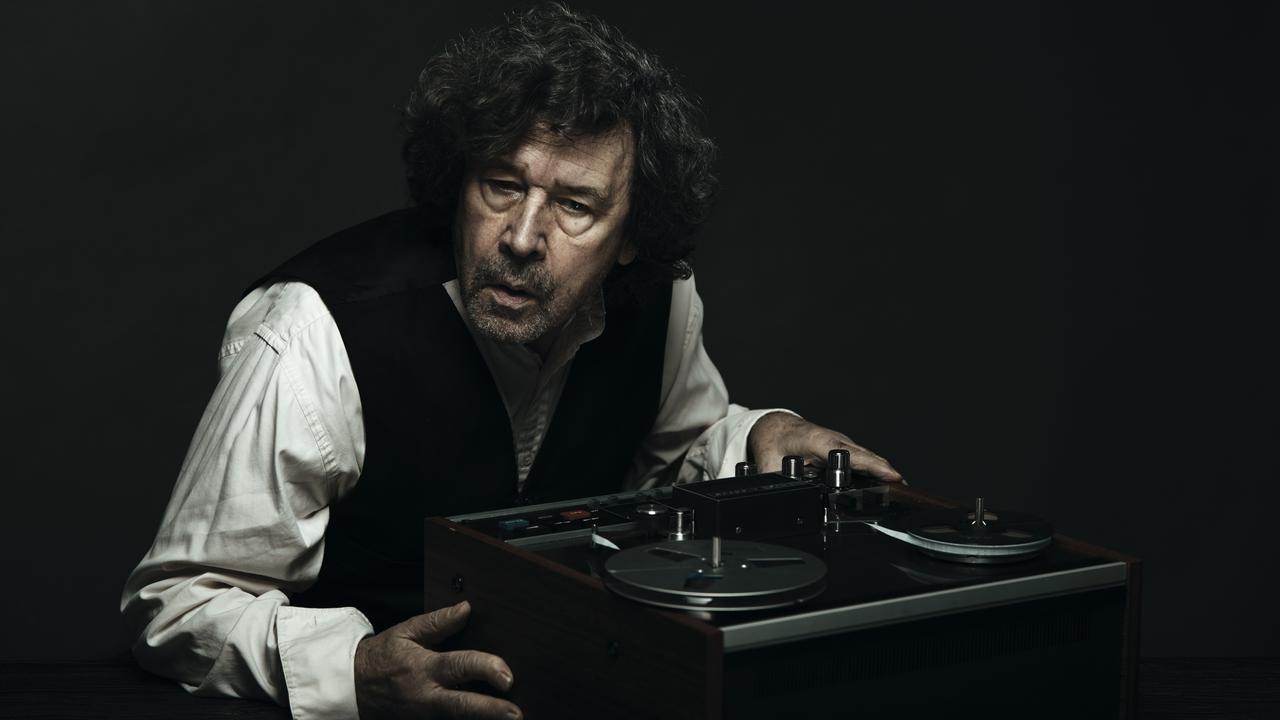Murunna Point Revisited: McFarlane best when left to his imagination
Ian McFarlane is at his best when he abandons his abiding concerns.

Ian McFarlane is at his best when he abandons his abiding concerns (more on that later) and allows free rein to his imagination and facility with words. He mostly achieves this with his short stories and occasionally in his poetry.
Murunna Point Revisited is a “revised and expanded” edition of his 2001 collection Evening at Murunna Point. There is no indication when the essays, stories or poetry in the three sections were written so we lack a sense of the development or trajectory of McFarlane’s writing. He is again published by the small, independent Ginninderra Press, which he thanks, particularly as he sees himself “being routinely overlooked and ignored” by other publishers.

In the short-story section, my favourite is The Square Cut. McFarlane is a cricket fan. He was also once on the cusp of a “Foreign Service administrative career to which I was well suited”. These two interests fuse in a charming, acutely observed story, which also reveals his rare capacity for humour and irony.
Ryan Curtis considers his foreign service career “marooned”, so he is nervous when “the executive suite summons” arrives. Ryan can’t see the relevance when MacDonald, the department secretary, waves top-secret documents in front of him. MacDonald explains:
The square cut you played off old Singh last Sunday … told me more about you than your personal file ever could … Hitting the ball the way you did required analysis not anger. Precision not panic. To move the back foot away from the flight, keep the head still, balance the body and roll the wrists at exactly the right instant, involved a singular quality … A quality I require if my department is going into bat against terrorism.
And Ryan is promoted.
The first story, the ironically titled A Minor Diplomatic Incident, which is set in Thailand, juxtaposes the situation at the embassy during an unspecified, escalating crisis as “reports were made and instructions sought”, with the disappearance in a village of a young, inexperienced junior officer — “that fool Clifford”. It’s another economically told tale of the priorities of the foreign service.
Existentialism and the Friday Night Syndrome is a witty, pub-set play on existentialism and the “sex thing”; Down the Valley and Across the Sea is a chilling little tale with a neat twist; and King’s Gambit cleverly uses chess as a metaphor. These are fine examples of McFarlane at his least self-absorbed best. McFarlane is a long-time sufferer of clinical depression and anxiety. He writes: “Depression is a metaphysical pain that can cripple its victim as effectively as physical injury … For me, living with the black dog is a matter of morality rather than chemistry.” He generally refuses medication, believing that “to get ‘well’ chemically is to cheat”.
He finds it difficult to steer clear of this topic, discussing or alluding to it repeatedly in the introduction, preface, acknowledgments, and in several of the essays and stories and some of the poems. He also rails against postmodernism, “little Australian literary journals”, creative writing courses, the quality of Australian poetry and (according to him) its frequent obscurity.
Some of the stories and essays that touch on these concerns read more as polemics or opinion pieces. In the opening essay, Rediscovering Poetry in a Post-Poetic Age, McFarlane presents, in poetically caustic terms, his views on recent poetry. “Until quite recently, rhyme was crime, and sniffingly discarded from the Poetry Editor’s slush pile … Now, I’m beginning to suspect the postmodernists are hedging their bets by adding a nip of shy rhyme to their sly crime … by the eye-opening splash of a toe being dipped into the icy water of comprehension.”
He can be obscure himself: “Poetry simply is. Or it isn’t.” There are patches of portentous writing. In Sandcastles he writes: “Our collective sandcastle of humanity is in danger of being blown away by the sterile banality of a crass popular culture.” However, there is also a fine homage to Graham Greene, and particularly his 1982 novel Monsignor Quixote, as an example of the way literature can teach us much about ourselves and our world.
As he ages and reflects, much of McFarlane’s poetry is infused not only with sadness and regret for what is left and lost but also with a great love for his family and the landscape and birdlife around his home near Wallaga Lake on the NSW south coast. For McFarlane, “Murunna Point is a song of enchantment in a disenchanted world.”
There are 30 poems in the final section, ranging from nature poems (the best) to String Theory, The Lost City of Aleppo, November 2016, Resurrection, Benediction and A Theory of Money. In Sonnet for Wallaga Lake he concludes elegantly: “Who keeps vigil by this lake / for reconciliation’s sake? / Who finds solace in a place / that offers hope within its grace?”
But in Meeting Mary the internal rhyme and rhythm feel strained: “The year was green and wonder seen / in every place to dwell. / But life ran deep with the unquiet sleep / of love’s untasted well.’’ The Apple Tree is a long, elegiac meditation on “a farm/ abandoned as a result of unrecorded tragedy” where there “is a long-neglected orchard full of apples, / betrayed by market forces and forgotten”. A schoolboy (McFarlane?) used to “munch on apples”, climb the tallest tree and survey the peaceful world about him.
Counting Spoons in the Age of Trump is one of only a few works exploring current events. It is complex, elliptical and bitter about a world full of “half-baked lies / ignorance, fear and hate”. McFarlane believes “poetry holds a useful key to social and cultural cohesion” and “is the mother tongue of language”. He concludes with the sad Moving On.
The litmus poem,
at this late stage,
is dwindling —
to an empty page.
Agnes Nieuwenhuizen is a writer and critic.
Murunna Point Revisited
By Ian McFarlane
Ginninderra Press, 172pp, $27.50


